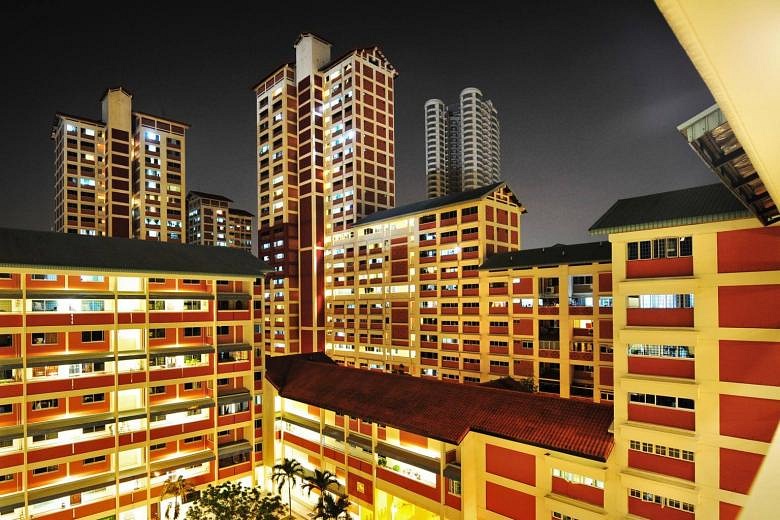SINGAPORE - Singapore's core inflation rose to 1.9 per cent in July, marking its highest level in nearly four years, according to the latest figures from the Monetary Authority of Singapore (MAS) and Ministry of Trade and Industry (MTI).
This was largely due to a steeper rise in electricity and gas prices. However, it did not change the Consumer Price Index (CPI) inflation figures for all items - which remained at 0.6 per cent year on year - as the increase was offset by a dip in private road transport costs and lower services inflation, MAS and MTI said in a joint statement on Thursday (Aug 23).
Looking ahead, however, imported inflation is likely to rise with an uptick in global oil prices since the start of this year. Global food commodity costs are also projected to increase as demand strengthens.
Domestic sources of inflation are expected to grow too, alongside a faster pace of wage growth and pickup in domestic demand.
However, the authorities added: "The extent of consumer price increases will remain moderate, as retail rents have stayed relatively subdued and firms' pricing power may be constrained by market competition."
The cost of living has been a prime concern among Singaporeans, with Prime Minister Lee Hsien Loong acknowledging citizens' worries in his National Day Rally speech on Sunday.
Price increases, the concerns of young families and those caring for both children and elderly parents, as well as lifestyle changes, are among reasons that people are feeling the pinch, he added, pledging that the Government will do its part to ease concerns.
According to the latest figures on Thursday, the cost of electricity and gas spiked 12.7 per cent in July - up from a 3.7 per cent increase the month before. This reflects an upward revision of electricity tariffs after a pickup in global oil prices in the preceding quarter.
In contrast, private road transport costs dipped 0.2 per cent last month, reversing a 0.4 per cent increase in June.
With smaller year-on-year increases in the cost of education and healthcare services, as well as airfares and domestic services fees, services inflation slipped to 1.5 per cent, from 1.7 per cent in June.
Overall, the CPI for all items rose 0.6 per cent year on year in July, meaning the pace of inflation has not changed from the previous month.
CPI is a broad measure tracking the prices of a weighted basket of goods. It includes food, transport and utilities, and reflects the inflation experienced by households in their day-to-day spending.

Meanwhile, food inflation came in at 1.5 per cent in July, unchanged from June. The cost of accommodation slid by 3 per cent, the same rate it did in June.
MAS core inflation is expected to rise gradually over the course of 2018 to average in the upper half of the 1 to 2 per cent forecast range for the full year.
Separately, CPI-all items inflation is projected to come within the upper half of the 0 to 1 per cent forecast range for the full year.
While MAS and MTI expect imported inflation to rise mildly, Maybank Kim Eng economist Chua Hak Bin said that he is not too worried about an inflation risk.
"If a full-blown trade war erupts, the deflationary risks could be much higher," he noted, adding that there will likely be a pull-back on investments from companies and commodity prices such as that of oil would probably fall.
In the event of a trade war, he added, there will be diversion of cheaper Chinese goods through countries outside the United States as well, adding to deflationary pressures.
On Thursday, the US ramped up tariffs on China with a 25 per cent tax on a second wave of goods worth US$16 billion, affecting products such as motorcycles. China hit back with taxes of its own, on the same value of products from the US.
Meanwhile, UOB economist Francis Tan said that with the MAS keeping their inflation expectations unchanged and ongoing trade concerns potentially slowing down global economic growth in the months ahead, it is likely that MAS will maintain its current monetary policy stance in its next policy meeting in October.


